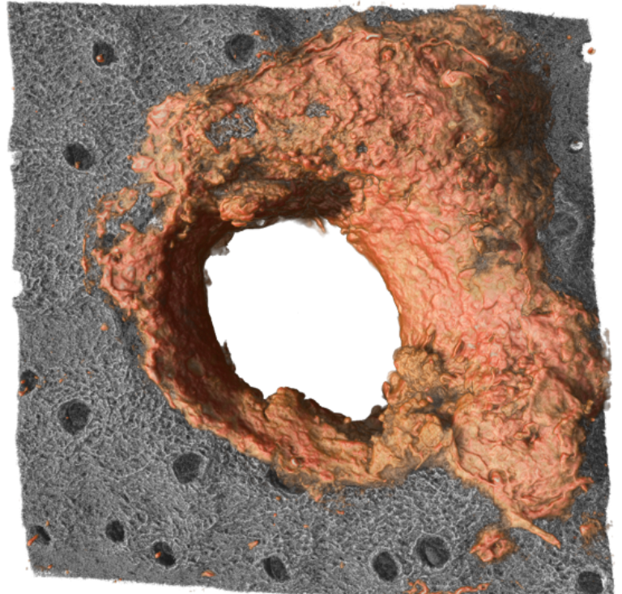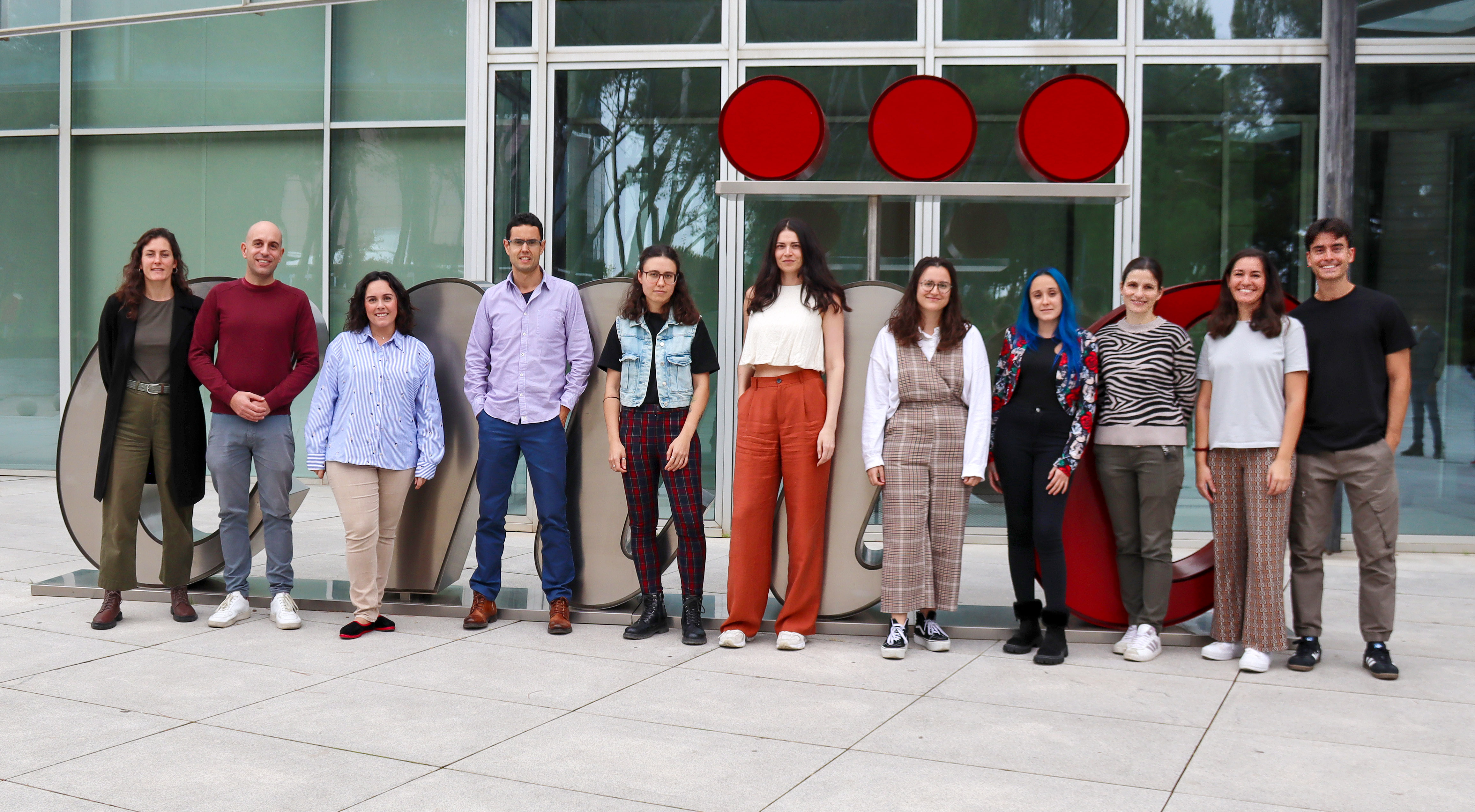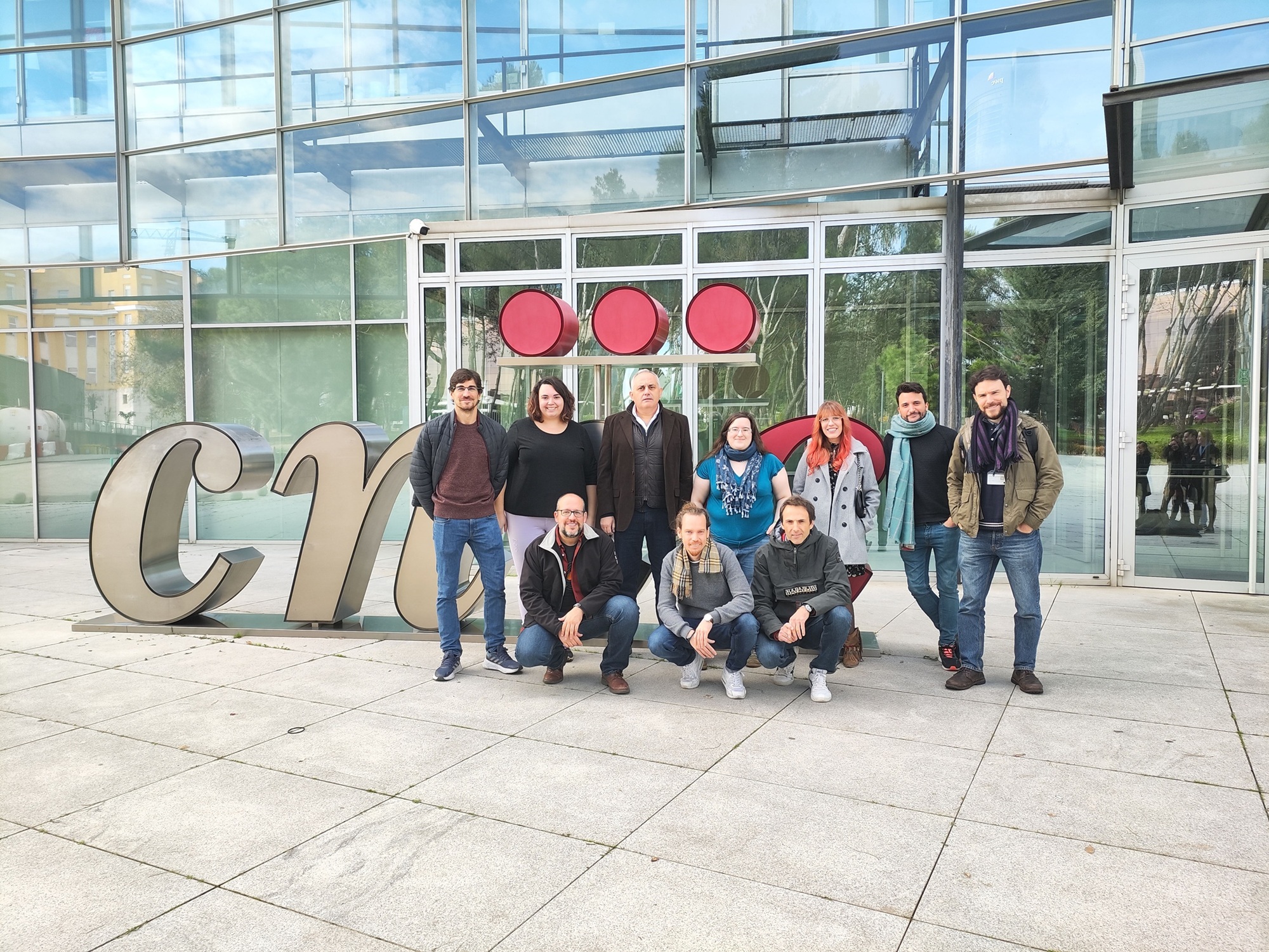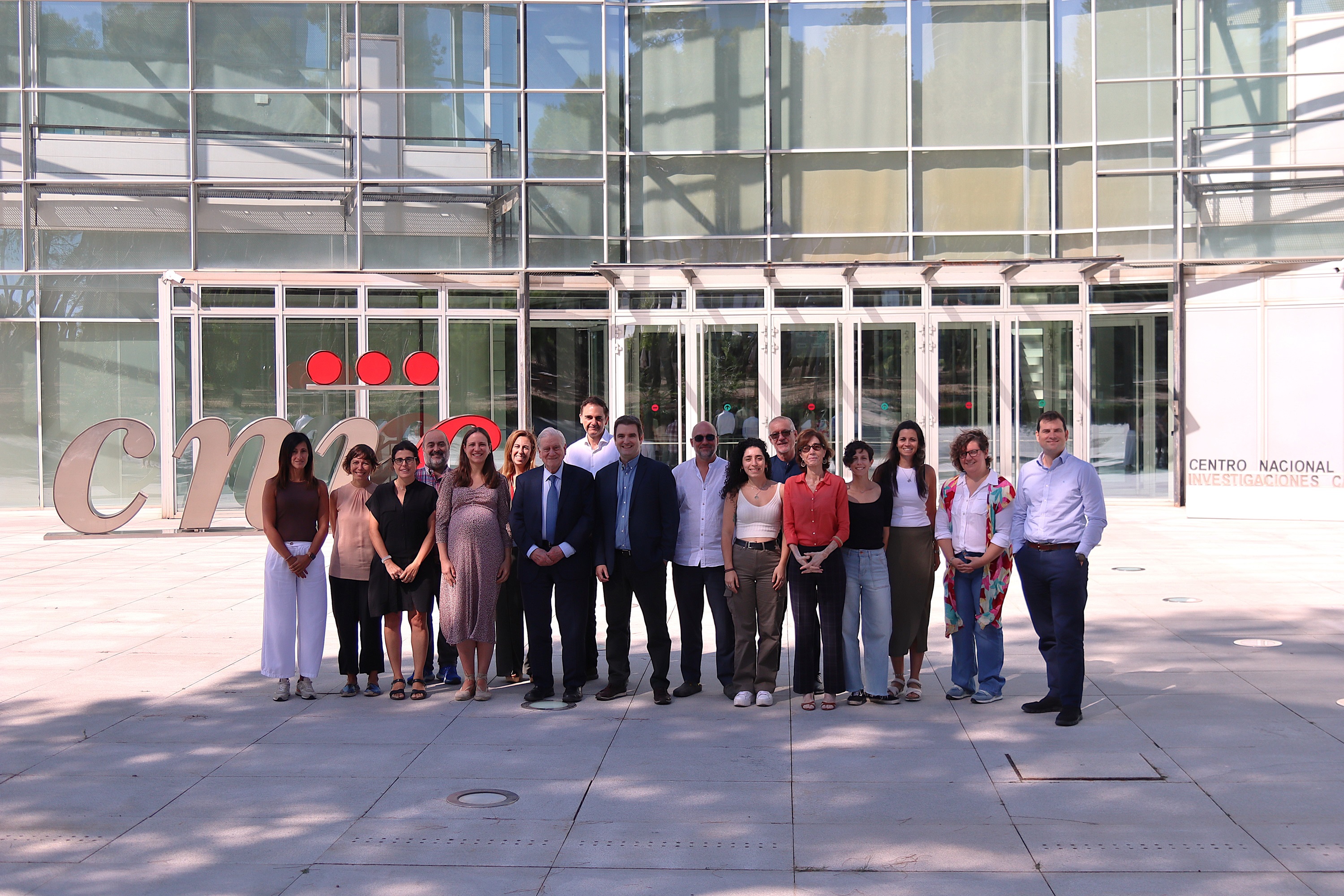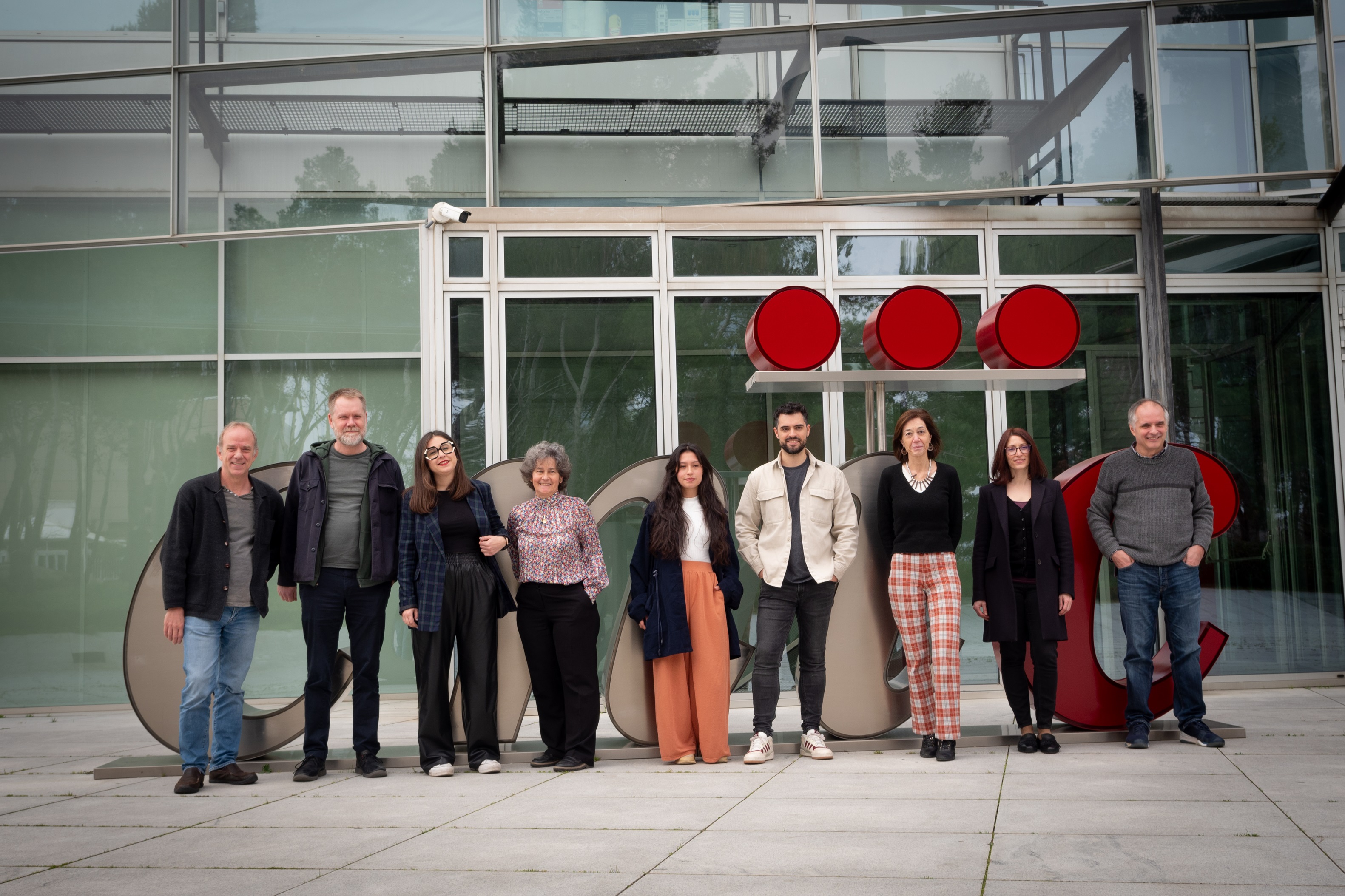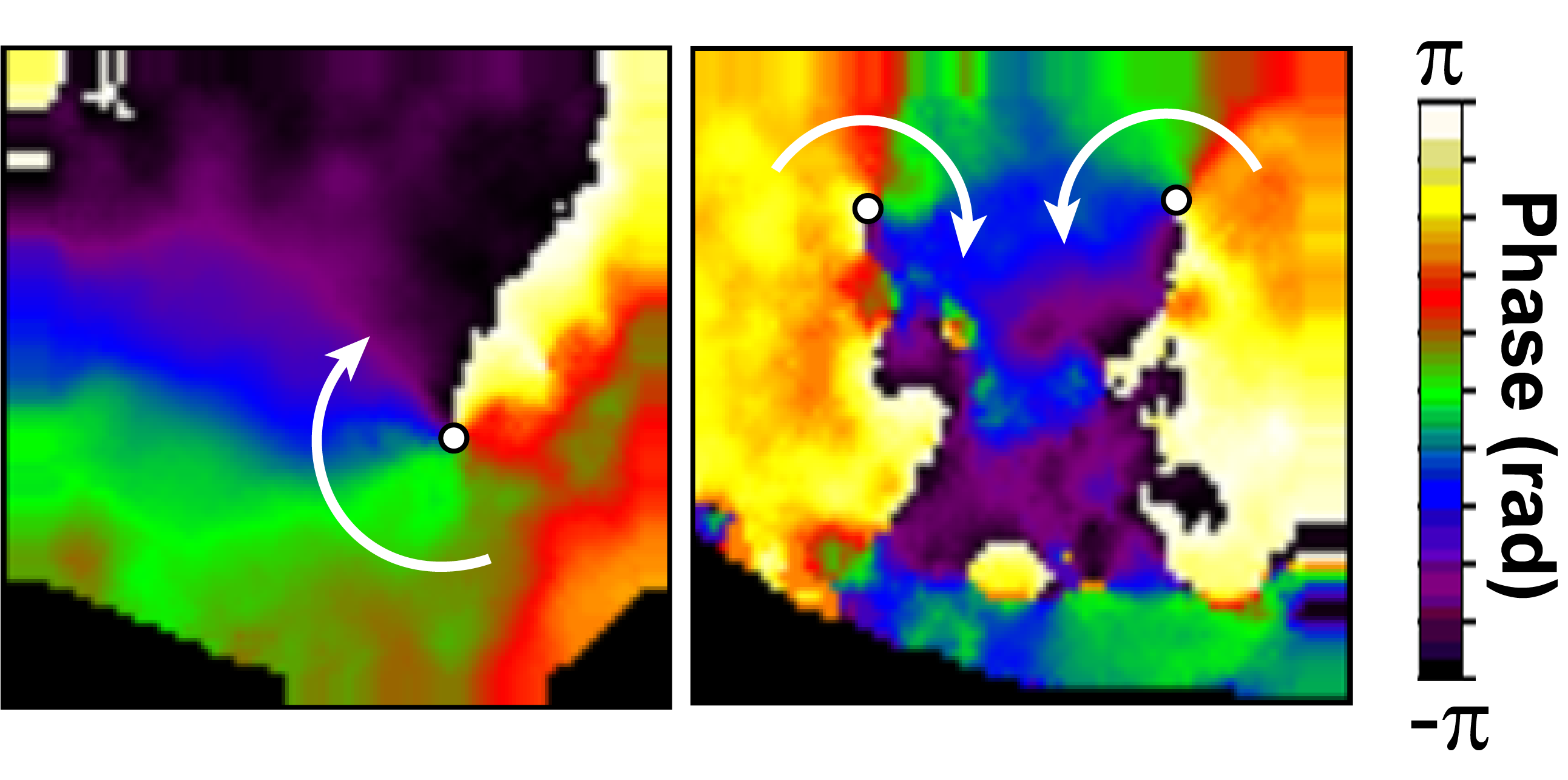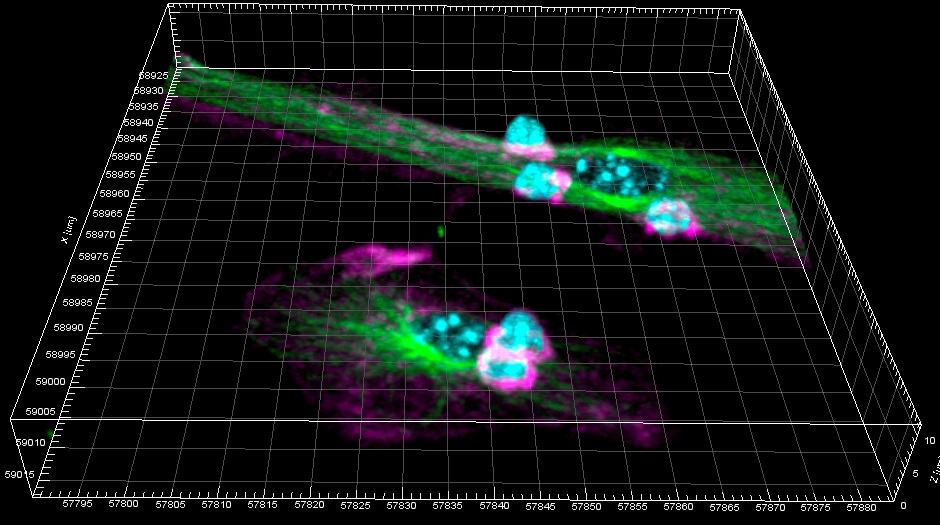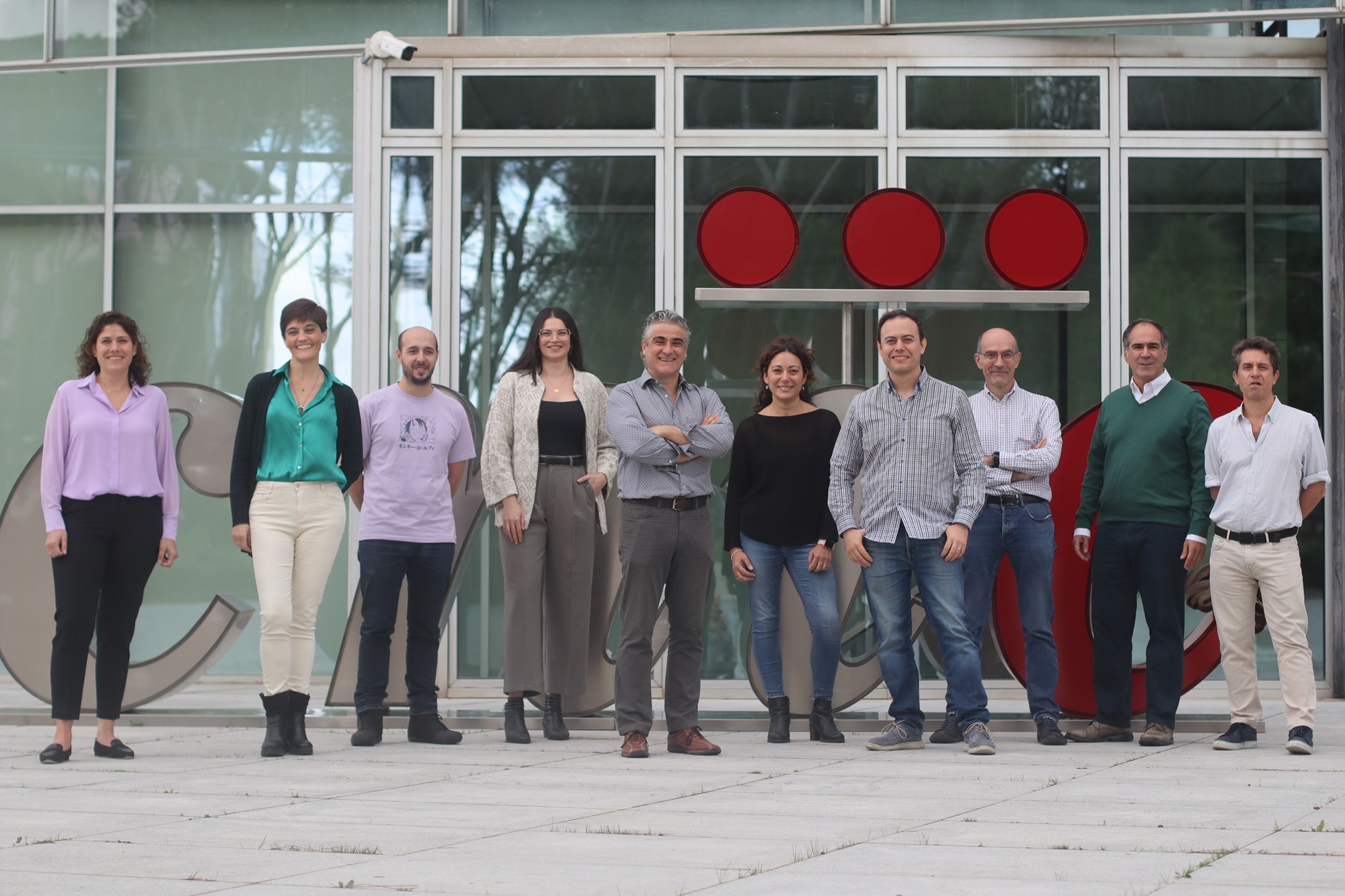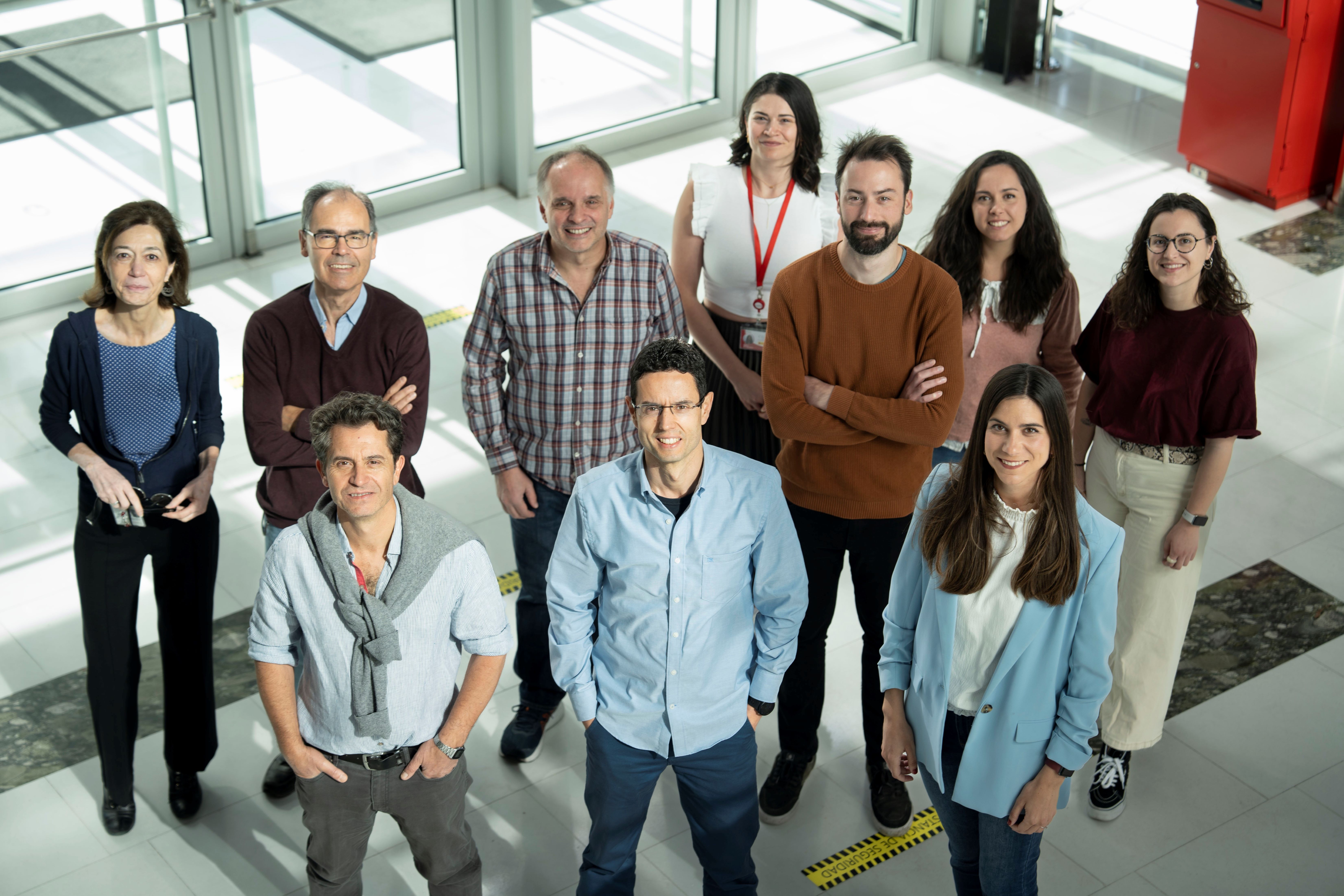News search
|
Research 19 Mar 2025 The discovery, published in Nature, opens the path to new strategies for treating skin diseases and immunological disorders, with special potential for the treatment of inflammation, diabetes, and age-related conditions |
|
About the CNIC 15 Jan 2025 The study describes an innovative probe for the noninvasive detection of macrophages using PET technology |
|
Research 12 Dec 2024 iFlpMosaics is a new technology presented in Nature Methods that allows the modification and study of gene function in mouse models, advancing research on diseases caused by somatic mutations, such as cancer and vascular malformations. |
|
Research 28 Nov 2024 A study from the CNIC, published in Nature Communications, reveals how caveolae allow adipocytes to expand safely, storing fat without breaking or causing inflammation |
|
Research 30 Aug 2024 Two studies carried out at the CNIC provide key information about a newly identified cardiovascular risk factor, clonal hematopoiesis, and its treatment with the ancient medication colchicine |
|
Research 1 Feb 2024 A study published in Nature Cardiovascular Research reveals smooth muscle-derived cells as a new target for reducing the size of atherosclerotic plaque. The results open up new avenues for the design of treatments to enhance the beneficial effect of cholesterol-lowering drugs |
|
Research 26 Oct 2023 Scientists at the CNIC and Hospital de la Princesa-UAM have identified profound changes taking place in dendritic cells during antigen presentation to a lymphocyte via intimate contact called an immune synapse |
|
Research 23 Oct 2023 This disease, which can trigger sudden death in elite athletes, is caused by genetic mutations that affect proteins responsible for connecting and coordinating the muscle cells (myocytes) in the myocardium the heart’s muscular wall |
|
Research 29 May 2023 The new study, published in Nature Cardiovascular Research, will help to select the most effective and safe way to modulate angiogenesis in ischemic tissues or in cancer |
- 1 of 7
- next ›
